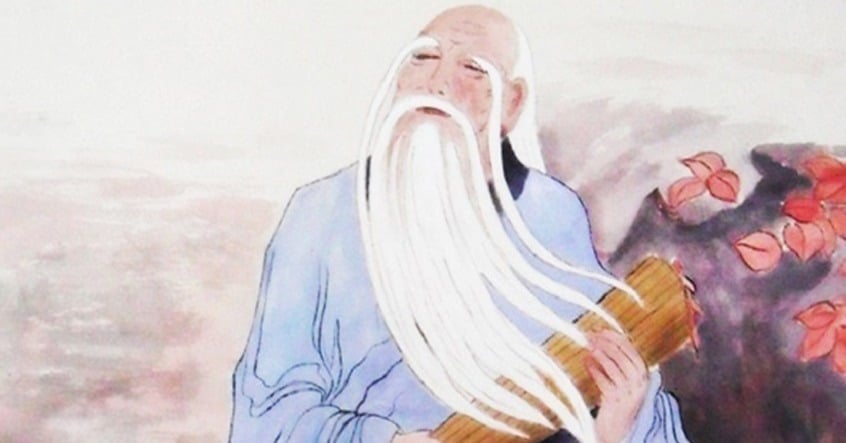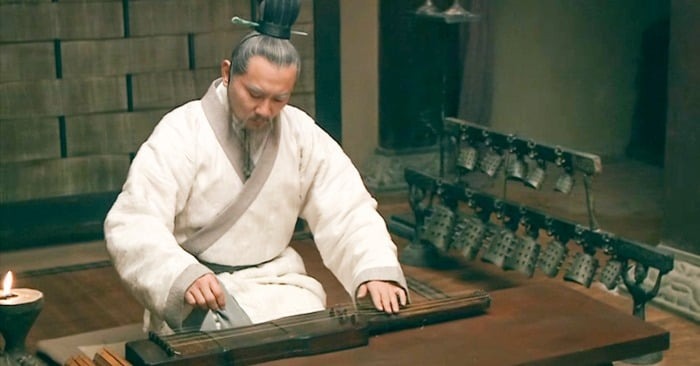1. Clutter
As the Chinese proverb goes, “A mountain is not prominent unless it has a celestial being; a river is not majestic unless it has a dragon.” This highlights that true value lies not in quantity or material possessions, but in spirit and intrinsic qualities.
Clutter in our homes not only takes up space but also creates a stifling environment, blocking positive energy flow. Hoarding unnecessary items often stems from fear of the past or worry about the future, inadvertently creating a mental prison for ourselves.
From Thoreau’s Walden to Tao Yuanming’s simple life philosophy, and the teachings of minimalism – all encourage a streamlined existence, letting go of excess to embrace inner peace.
An ancient Chinese saying goes, “Flowing water does not stagnate, and a well-used door does not decay, for they are constantly moving.” Likewise, continuously shedding the old is a way to keep life fresh, smooth-sailing, and vibrant.

2. Food Waste
Zhuzi Jiaxun offers a reminder: “A bowl of porridge or a grain of rice is the fruit of hard labor, and should be cherished.” Wastefulness with food is not only immoral but also reflects a lavish lifestyle that can lead to decadence.
The ancient Egyptians revered Osiris, the god of agriculture, and held harvest festivals to express gratitude. Socrates cautioned, “Contentment is true wealth; extravagance is artificial poverty.” Pablo Neruda’s poetry and modern works like The Omnivore’s Dilemma by Michael Pollan emphasize simplicity and moderation in consumption.

The I Ching advises eating and drinking in moderation for health, while Seneca noted, “It is not what you eat, but what you digest that makes you strong.” East to West, ancient to modern, the message is clear: moderation in eating benefits health, nurtures character, and preserves blessings.
Today’s habits of food hoarding, single-use items, and wastefulness strain the environment, contradicting ancient philosophies of conservation and harmony with nature.
3. Negative Emotions
Renowned American psychologist Daniel Goleman asserted in his book, Emotional Intelligence, that “The key to success and happiness lies not in IQ, but in emotional management.” Effective management of our emotions improves not only our personal lives but also our relationships and social harmony.
An ancient Chinese saying tells us, “A smile makes you ten years younger, but a frown ages you.” Positive emotions uplift our spirits and benefit our health, while prolonged negative emotions can silently erode our willpower and turn life gloomy.
Virginia Woolf, in her novel To the Lighthouse, wrote, “When we rid ourselves of our grief, we hear the subtle whisper of life.” This is a reminder to let go of sorrow and embrace a deeper appreciation for life’s simple joys.
Buddhist teachings offer a way to transform negative emotions through the practice of mindfulness and compassion. The Dhammapada advises, “If the mind is calm, all paths are open.” This encourages us to cultivate inner stability for peace and wisdom.
Literature also warns of the dangers of negative emotions. Tolstoy’s Anna Karenina vividly portrays the destructive power of jealousy and discontent. Left unchecked, these emotions can become like a silent undercurrent, eventually pulling us into a tragic vortex.
4. Debt
A modern saying goes, “Don’t let your wallet become a garden of regrets,” echoing Shakespeare’s wisdom: “The borrower is slave to the lender.” Debt enslaves not only our finances but also our freedom and mental peace.
In Gulliver’s Travels, Jonathan Swift uses the image of a giant bound by tiny threads to symbolize the captivity of debt – seemingly insignificant, yet over time, it robs us of our life’s autonomy.
A Western proverb states, “It is not money but greed that is the root of all evil.” Thus, distinguishing between genuine needs and frivolous desires helps us avoid the trap of uncontrolled spending.
Aesop’s fable of the bird that sold its beautiful feathers for money, only to lose its ability to fly, teaches that indulgence in hedonism can cost us our core values.
The ancient Chinese saying, “Water drops can penetrate stone,” speaks to the power of persistence. In Balzac’s Eugénie Grandet, the miserly father reflects a truth: methodical accumulation lays the foundation for a sustainable life, albeit taken to an extreme.
Confucius said in the Analects, “A gentleman loves money, but in a proper way.” Earning money honorably, consuming responsibly, and investing wisely are the keys to safeguarding ourselves, our families, and our future.
Indeed, financial stability is not just personal success but also the bedrock of a peaceful home. As the Bible says, “Home is where the heart rests and dreams begin.”
































